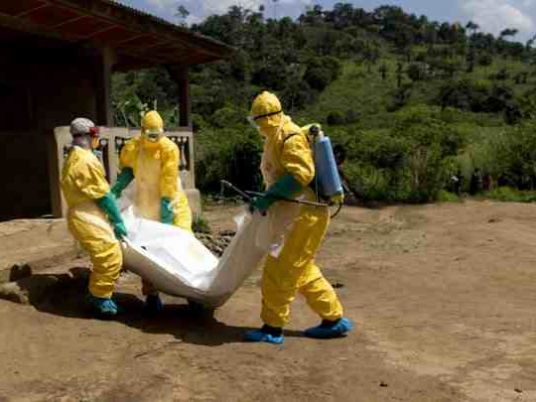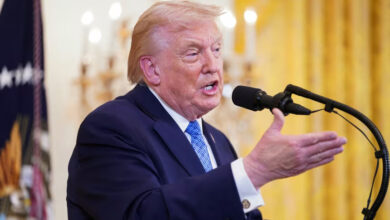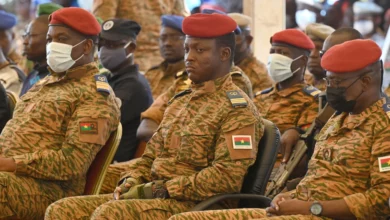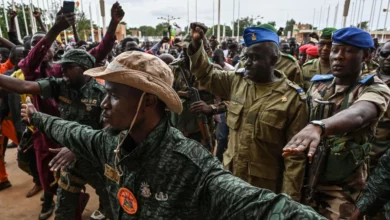
The Ebola epidemic could flare up again in West Africa and health authorities are no better equipped to control it than they were a year ago, the head of medical charity Medecins Sans Frontieres said on Saturday.
"The reality today is if Ebola were to hit on scale it did in August and September, we would hardly do much better than we did the last time around," Joanne Liu said on the sidelines of a meeting on Ebola in Dakar.
Leaders of the Group of Seven industrial nations vowed this week to wipe out the epidemic that has killed more than 11,100 people across West Africa, but offered little concrete action.
While the virus is spreading more slowly than at the peak last year and Liberia has defeated the outbreak, cases have risen sharply in the past two weeks in Guinea and Sierra Leone.
"We've been disappointed by the World Health Assembly and again by the G7 in terms of their recommendations," Liu, the international president of MSF, told Reuters. She was referring also to a World Health Organization (WHO) meeting last month.
The WHO did not declare an international public health emergency until August last year, eight months after the first Ebola case, delaying resources to the sick.
Jerome Mouton, MSF country head for Guinea, described a state of "semi-denial" about the virus similar to a year ago, adding that another major flare-up of the disease was possible.
"We are in the same situation where we are overly optimistic, saying that it is almost finished and there's no problem but in fact it's a big problem as there is potential for this to again set off a big epidemic," he said.
Sierra Leone reported the highest daily Ebola case count in nearly three months earlier this week and the government has since introduced a curfew for the affected areas.
In Guinea, the outbreak has spread into districts previously free of the disease in recent weeks, including the border area with Guinea Bissau. "A month ago I thought we would see the end shortly but I am much less optimistic now," Mouton said.




